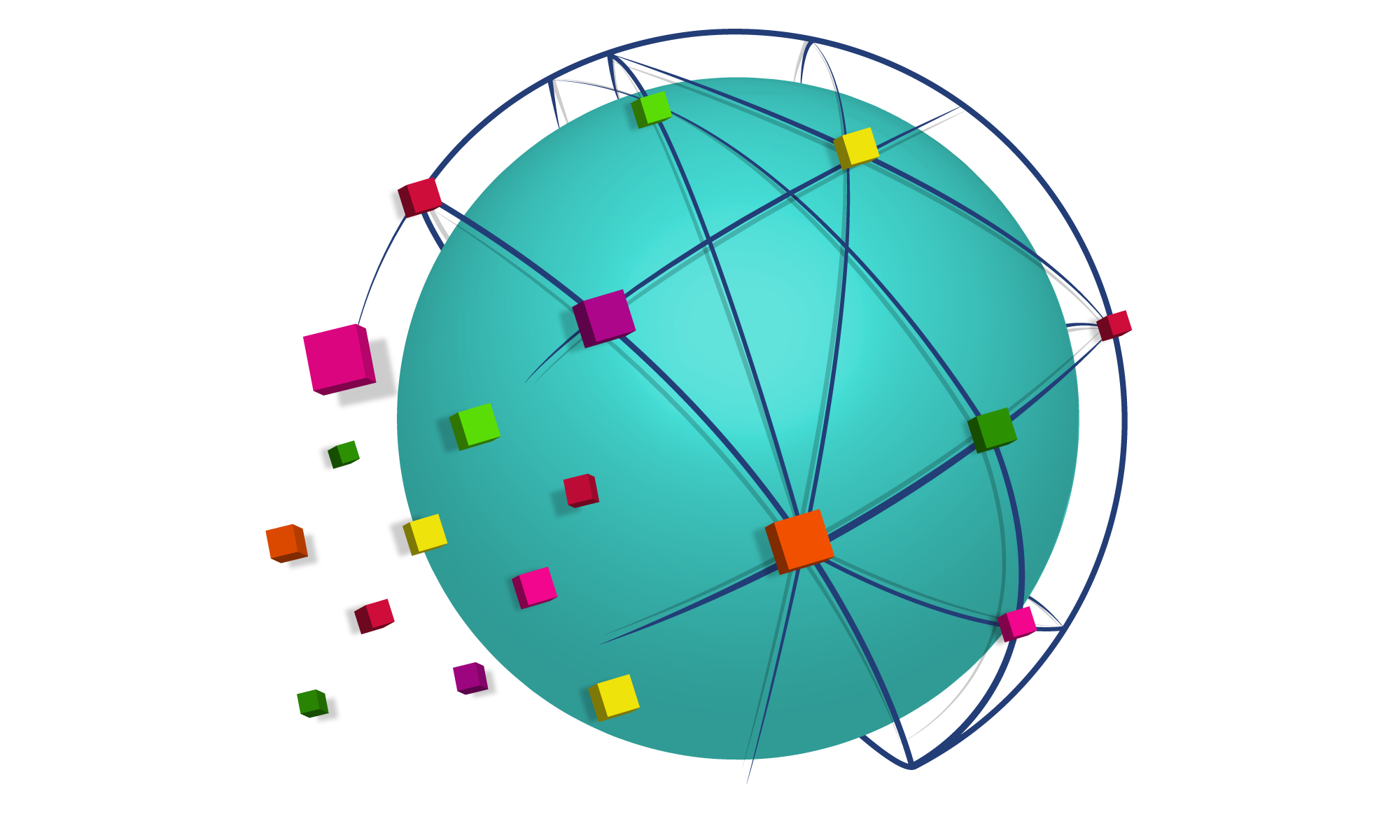Information and Communication Technology (ICT) is now a well-established part of our culture. Computer Cultural Literacy for Educators includes a large number of computer-related facts, dates, people, software (computer programs), hardware (physical machines and devices), and concepts that have become integral to this culture.
The primary intended audience for this book is preservice and inservice educators, and other people interested in improving our precollege educational system. The latter includes parents, School Board members, and all people who help to make decisions affecting the education of our children. I expect that most of my readers will be teachers and/or parents with school-age children. For you, this book will help you to find and introduce yourself to topics that you may decide are important to your students.
The main content of the book is divided into two parts. Part 1 provides the names of a number of people who have made important contributions to the development of electronic digital computers and their uses, and to the field of computers in education. The astute reader will likely observe that the list is somewhat overloaded with educators.
The focus of Part 2 is on words and terms that frequently are used in communication about computers and their uses, including hardware, software, publications, and a number of other important computer-related ideas. For many of the terms on the list, there are links to related information, including people known for these ideas.
Download links/ Enlaces de descarga

